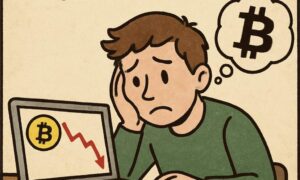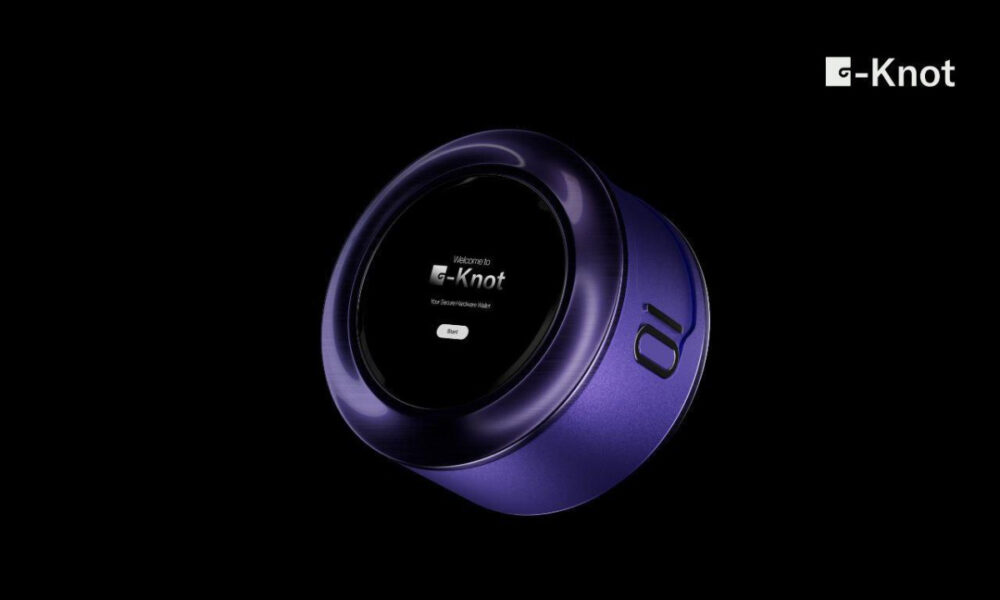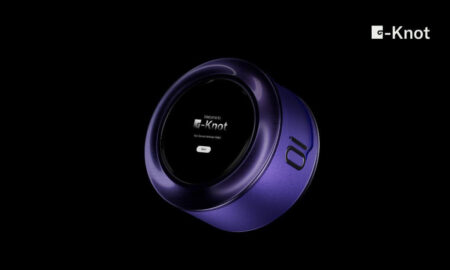Heat pumps have gained popularity as efficient heating and cooling solutions in recent years. However, along with their rise in popularity, several myths and misconceptions have emerged. In this article, we aim to decode these myths and provide clarity on the truth about heat pumps. We will also explore the role of heat pump companies in dispelling these misconceptions.
Myth 1: Heat Pumps Are Only for Heating
One common misconception is that heat pumps are solely designed for heating purposes. While it’s true that heat pumps excel at providing efficient heating, they are also capable of cooling spaces. Heat pumps use a reversible cycle that allows them to extract heat from the outdoor air and transfer it indoors during the heating season. In the summer, this process is reversed to expel indoor heat, effectively cooling the space. This dual functionality makes heat pumps versatile for year-round comfort.
Myth 2: Heat Pumps Are Ineffective in Cold Climates
Some believe that heat pumps are ineffective in extremely cold climates. This myth stems from the misconception that there is not enough heat in the outdoor air to extract during cold weather. However, modern air source heat pump companies have developed advanced technology that allows heat pumps to operate efficiently even in sub-freezing temperatures. These systems can extract heat from the air even when it’s as cold as -15°F (-26°C), making them suitable for various climates.
Myth 3: Heat Pumps Are Noisy
Another misconception is that heat pumps are noisy and disruptive. In reality, heat pump companies have made significant advancements in sound insulation and technology. Today’s heat pumps are designed to operate quietly, ensuring minimal disturbance to homeowners. Proper installation and maintenance also play a crucial role in minimizing any potential noise.
Myth 4: Heat Pumps Are Expensive to Operate
Some homeowners worry about high operational costs associated with heat pumps. However, heat pumps are known for their energy efficiency, which can lead to significant cost savings in the long run. They transfer heat rather than generating it, making them more energy-efficient than traditional heating systems. Additionally, many regions offer incentives and rebates for installing energy-efficient heat pump systems, further reducing the overall cost.
Myth 5: Heat Pumps Require Frequent Repairs
There is a misconception that heat pumps are prone to frequent breakdowns and repairs. In reality, heat pumps are reliable and require minimal maintenance when properly installed and serviced by professionals. Routine maintenance, such as cleaning filters and checking refrigerant levels, can help prevent issues and ensure the longevity of the system. Reputable air source heat pump companies offer warranties and service plans to give homeowners peace of mind.
The Role of Heat Pump Companies
Heat pump companies play a significant role in dispelling these misconceptions. They invest in research and development to improve heat pump technology and efficiency. Additionally, they educate consumers about the benefits and capabilities of modern heat pumps through informative resources and customer support.
By addressing these misconceptions head-on and providing accurate information, air source heat pump companies contribute to the wider adoption of this sustainable heating and cooling solution. Homeowners can make informed decisions about their HVAC systems, leading to energy savings and reduced environmental impact.
In summary, heat pumps, as developed and refined by industry-leading companies, are an efficient, cost-effective, and environmentally sustainable solution for modern heating and cooling needs. By addressing and debunking these common myths, homeowners and businesses can make more informed decisions, recognizing the true value and potential of heat pump technology in achieving comfortable, eco-friendly, and economical climate control.



































